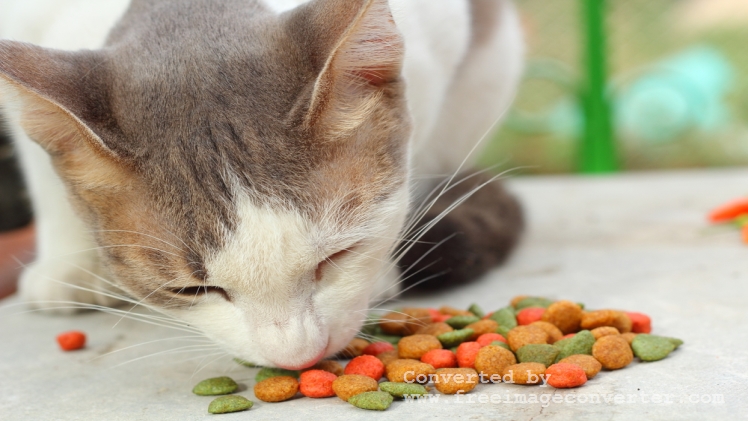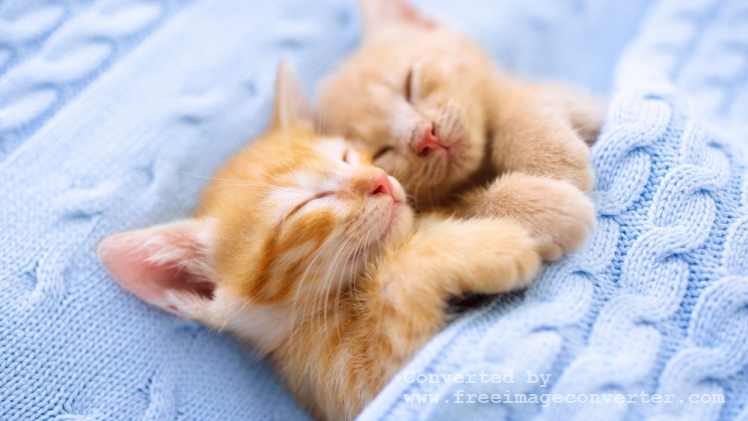There are many domesticated pets we can keep in our home, for various reasons, such as companionship, to teach our kids how to care for and look after animals, to have something cuddly to hold while lounging on our couches, and more. However, with so many options to choose from, if you’re going with a cat, you should make sure you know which one exactly you would like to keep.
When buying one, there are a few things to consider such as whether you are looking for a kitten or a full-grown one. You would also need to know what type of personality you are looking for, for instance, if you have kids a playful and friendly one would be perfect, and one that is not temperamental. This guide can tell you more, click here.
Two Different Types of Cats
Let us narrow it down for you. In general, there are two types of cat breeds, a non-pedigree and a pedigree type.
Pedigree cats: According to the International cat care society, pedigree is those that are reared and bred specifically due to their characteristics and relevant behaviours. An example would be a Siamese cat that makes a lot of noise, or as some like to call them “talkative” cats. The characteristics some felines portray become common to certain breeds and there are just over 50 different types of breeds.
If you adopt a cat such as a Ragdoll, you would be getting a personality that exhibits a soft coat with blue eyes and a quiet demeanour for instance. In other words, the pedigree is the pure breeds. These are also much more expensive than non-pedigrees and can only be adopted by specific breeders. Because of the likelihood of them not being a mix of any other cats, they may tend to suffer from certain common health problems.
Visit the site: SattaMatka
However, with the right care, this can be rectified: https://www.rspca.org.uk/adviceandwelfare/pets/cats the RSPCA has some helpful guides on their website for you to check out if you are unsure of how to look after a cat once you have chosen the right one and brought them home. This will include their food and nutrition, their bedding and clothing, their grooming and vet needs and more.

Non-Pedigree cats: many people call them by different names, for instance, a moggie, random-bred feline, a mixed breed or domestic to name a few. This type of cats is usually identified by its colour and its coats or fur. Examples would include a ‘tuxedo coat’ or a ‘calico coat’. They originate from other cats however are not part of an existing cat breed and their historical data or ancestry is seldom recognised.
They are also like the crossbreeds and the right combinations can make some of the best pets to keep at home. If you prefer bringing a non-pedigree home, know that they come in all shapes and sizes. Some have stripes or patterns on them while others have a plain colour around most of their bodies but their nose and paws or feet will be a different colour.
One of the main reasons people opt for these types is that they have fewer health issues in comparison to the pedigree mixes. They are intelligent in comparison as well as tend to be the stronger and healthier kinds. However this cannot be avoided entirely and some of them can get some health problems, however, if you bring home any holistapet cats, which are pets that are well taken care of and are fed only natural foods with CBD in them, which is known for a powerful health supplement for them, then chances are they will have less skin or internal issues.
The good news about these cats is that they have a longer life span in comparison to their predecessors, so you can have a companion for a very long time. They do have a wide gene pool and if you are looking to have more kittens, they can produce a litter of the same breed however their personalities may not all be the same. For instance, if the mom and dad are calm and well-behaved, their children may not be the same and can be aggressive it’s an unpredictable type of scenario when you bring them home. By visiting this siet you can know pet store.
Common Traits of Cats in General
No matter which of the above two you choose, in general, all of them will have a few similar biological traits, and these include:
- The fact that they are expert hunters so doesn’t be surprised if they bring you a rat or a squirrel. In some cultures, this is considered a gift to you, from them.
- They use different ways to communicate with you. They could either meow or purr, hiss, and growl as well, depending on what they want.
- They are independent creatures, and unless kept indoors they will wander around the neighbourhood and are curious kittens to the core.
- They are agile and are commonly known to be flexible, with fast reflexes and tightly controlled muscles. They love to climb, stalk and are quite the stealthy animals.
- They have a keen sense to detect sounds and frequencies from other animals such as dogs and rodents or birds. Plus, they have an excellent sense of smell and are nocturnal so they can see much better than us at night.
- They can be territorial, so they defend their area against other four-legged creatures. They do this in a few ways such as urinating on the post or garden, scratching, and more.
- They are naturally meat-eaters, so giving them only milk or vegetables may not make them like you much. Although meat is important, it is also important to add some additional natural supplements to their diets.Visit here: JioRockers
We hope the above gives you a better idea of your decision-making process on which one to adopt. You can easily collect the information where do bats go in the winter

